Cosmetic Dentistry
Are Veneers Suitable For Everyone?
A classic saying says, "You never get a second chance to make a first impression," and a person's smile frequently plays an important role in this. When it comes to achieving a stunning smile, dental veneers are one of the most popular options. They not only look and feel like real teeth, but they also last a long time, giving you the smile you've always wanted.
Every day, more people look into cosmetic dentistry to find practical solutions to improve their smiles and boost their self-esteem. Dental veneers are a popular choice among the various available solutions due to their transforming results. Veneers can correct concerns like chipped or discolored teeth, giving people the confidence to smile freely. Let's learn more about dental veneers and what they have to offer.
What Are Dental Veneers? Dental veneers, also known as porcelain veneers or dental laminates, are ultra-thin, tooth-colored shells designed to cover the front surface of teeth and improve their appearance. These veneers are typically made from porcelain or resin composite materials and are bonded securely to the teeth.
Veneers can fix various cosmetic issues, such as chipped, broken, discolored, or smaller-than-average teeth. Some individuals require just six to eight veneers to achieve a balanced, symmetrical smile. These veneers are usually applied to the top eight front teeth, enhancing their color, shape, and overall appearance, while boosting self-confidence.
What Are the Types of Dental Veneers? Dental veneers are categorized into three types: porcelain, resin, and no-prep veneers. Here’s a closer look at each:
Porcelain Veneers: These require two dental visits. The dentist removes a thin layer of enamel to make room for the veneers, often using local anesthesia. Impressions of your teeth are taken to create custom porcelain veneers. Temporary veneers may be applied in the interim. During the second appointment, your custom veneers are bonded to your teeth.
Resin Veneers: The dentist applies a bonding agent to your teeth, followed by layers of composite resin chosen to match your natural tooth color. Each layer is hardened with a special light, and the final layer is polished to achieve a glossy, smooth, and natural appearance.
No-Prep Veneers: These include options like Lumineers and Vivaneers. They require less time and minimal alteration of the natural tooth structure. These veneers typically do not require local anesthetics or temporary veneers and preserve the enamel under most circumstances.
What Are the Pros and Cons of Veneers? Pros: Corrects Discoloration and Crooked Teeth: Veneers restore the natural shape and color of teeth affected by factors like root canal treatments, fluorosis, medication, or excessive coffee consumption.
Closes Gaps Between Teeth: While veneers don’t change tooth position, they can mask minor misalignments and close small gaps, creating a seamless appearance.
Conservative Treatment: Veneers require less tooth preparation compared to crowns, offering a more natural feel.
Replaces Damaged Enamel: Veneers are a great solution for teeth with worn enamel, which cannot regenerate naturally.
Durability: Porcelain veneers can last up to 15 years, while resin veneers have a lifespan of around 7 years.
Improved Confidence: Veneers enhance smiles and boost self-esteem by correcting cosmetic imperfections.
Cons: Irreversible Procedure: Once the tooth structure is reshaped, it cannot be restored to its original state.
Risk of Damage from Bruxism: Excessive teeth grinding or clenching can chip veneers without proper protection, such as a nightguard.
High Cost: Veneers are more expensive compared to other restorative options.
Potential Sensitivity: Removing enamel may result in increased sensitivity to hot or cold, though this usually subsides after a few days.
Limited Lifespan: Veneers typically last 7–15 years before needing replacement.
Artificial Appearance: While porcelain veneers look realistic, they are not natural teeth, which could be a concern for some.
How Long Do Veneers Last on Your Teeth? The longevity of veneers depends on whether they are porcelain or resin and how well they are maintained. Porcelain veneers last 10–15 years, while resin veneers typically last 4–7 years. Proper care, including daily brushing and flossing, helps extend their lifespan by preventing tooth decay and gum disease.
Are Veneers Suitable for Everyone? Veneers are a great option for many but are not suitable for everyone. Their success depends on bonding to healthy, natural teeth. Veneers may not be ideal for individuals with:
Decayed or missing teeth Active gum disease Bruxism (teeth grinding or clenching) Poor overall oral health A dentist will assess your oral health and discuss whether veneers are the right choice or if another solution might work better for you.
Conclusion Dental veneers are a transformative cosmetic dental treatment that provides one of the quickest and easiest ways to achieve a perfect smile. They enhance the color, shape, and overall appearance of teeth, closing gaps and hiding imperfections. Porcelain veneers tend to last longer but are pricier, while resin-based veneers offer a budget-friendly option with a shorter lifespan. To decide which option is best, consult your dentist.


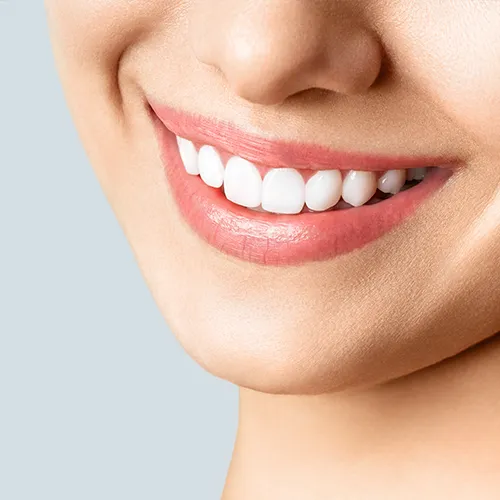
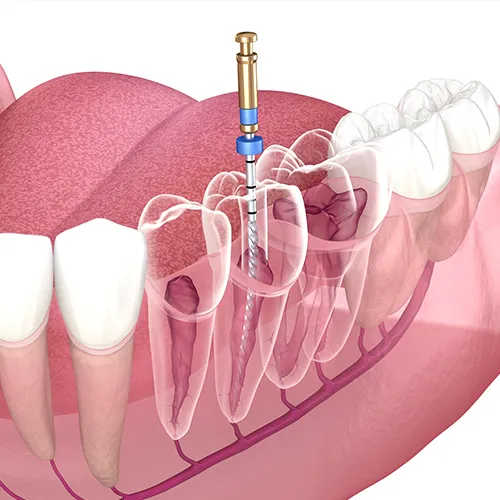
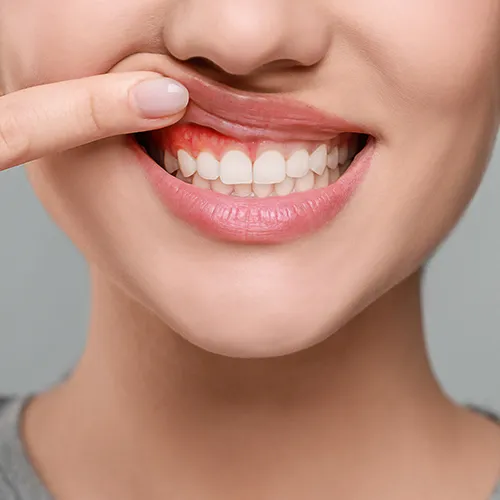
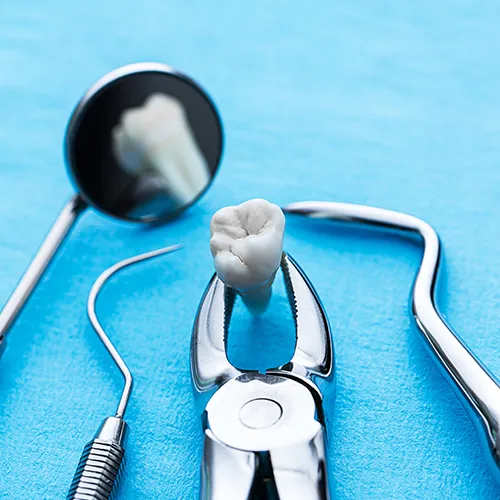
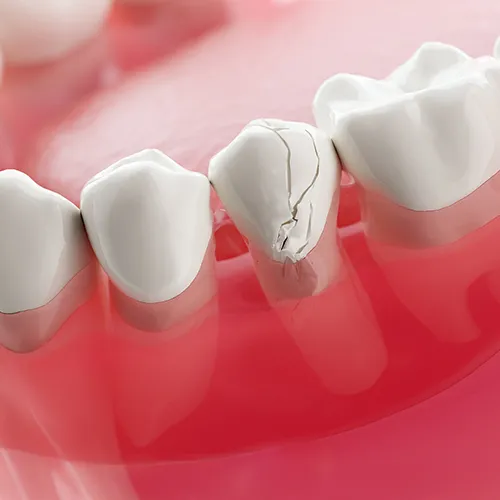
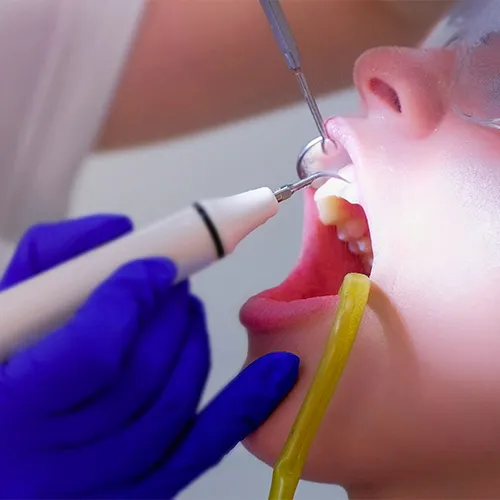
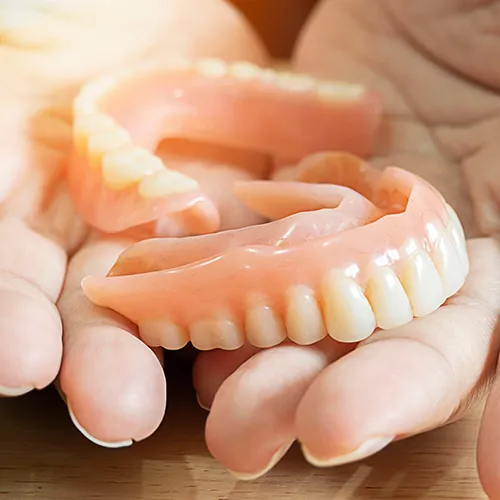
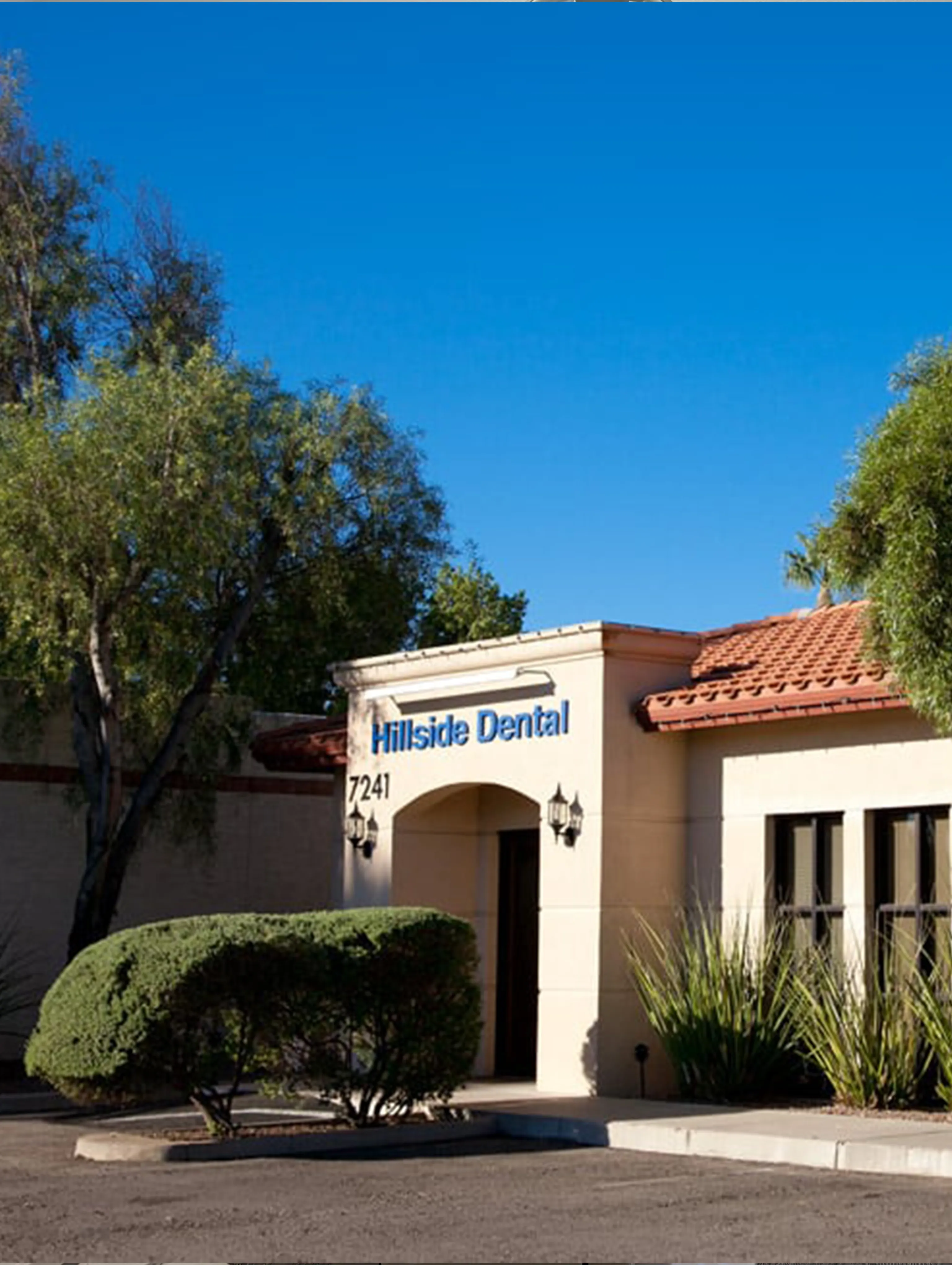
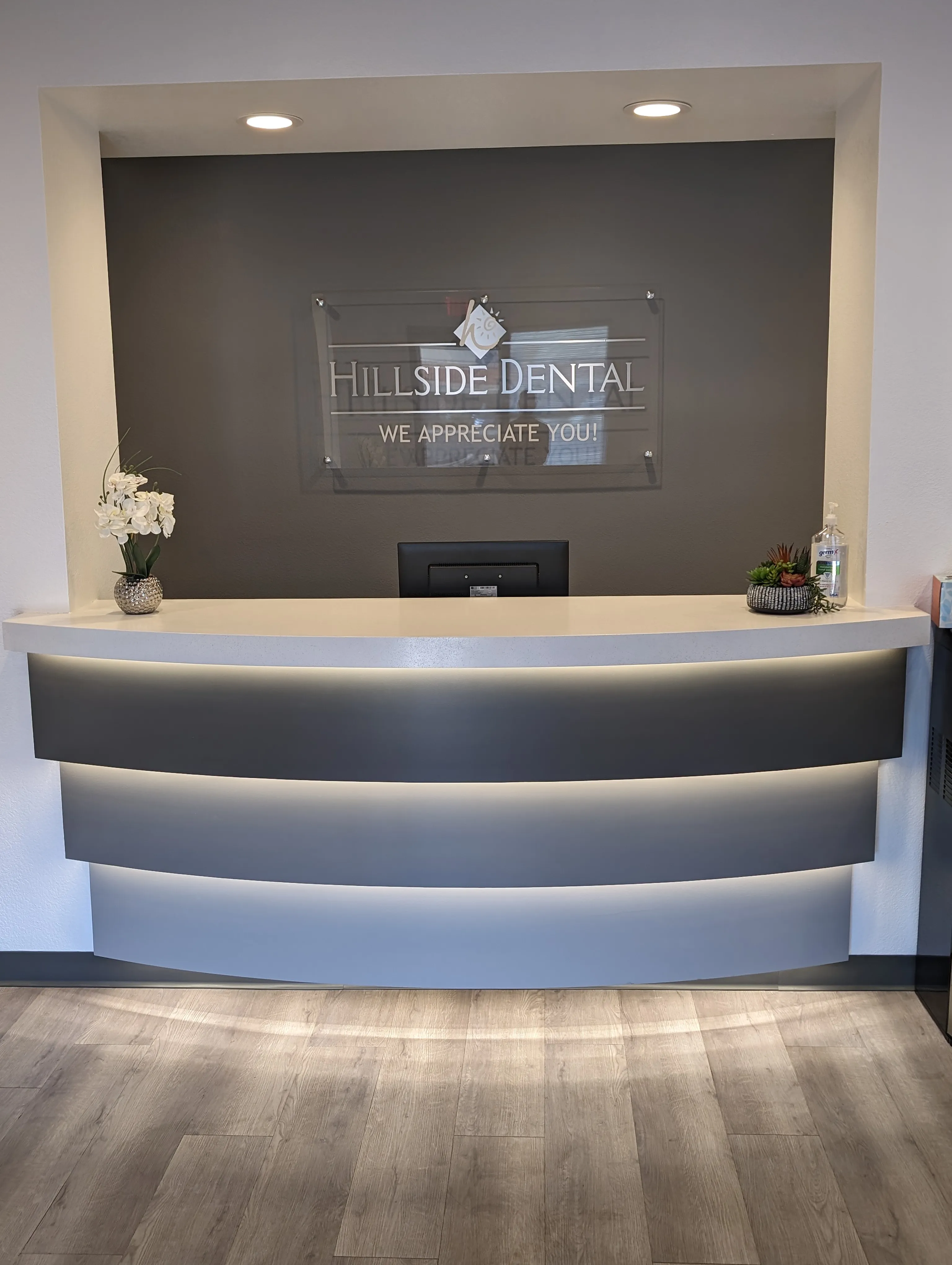
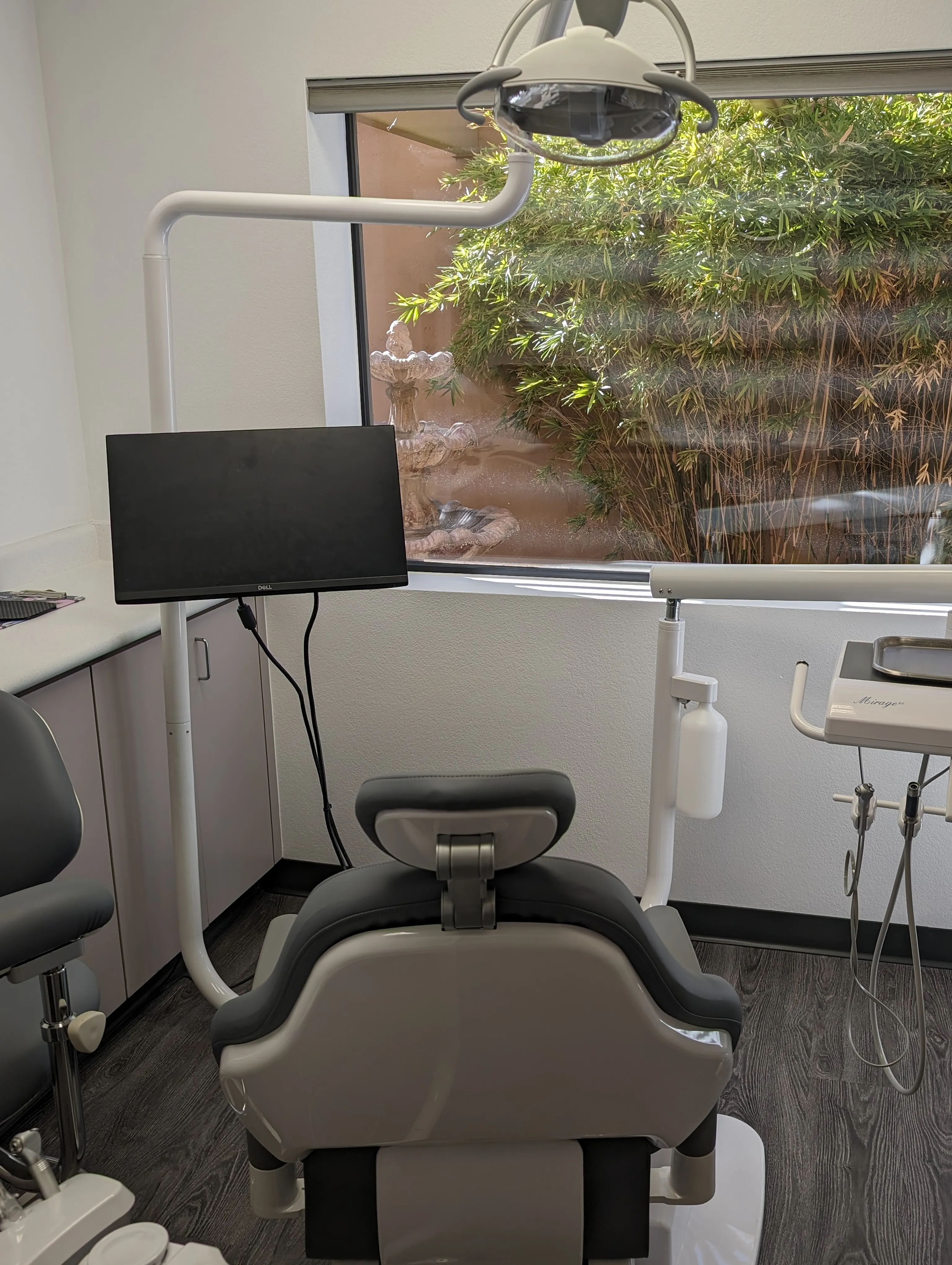
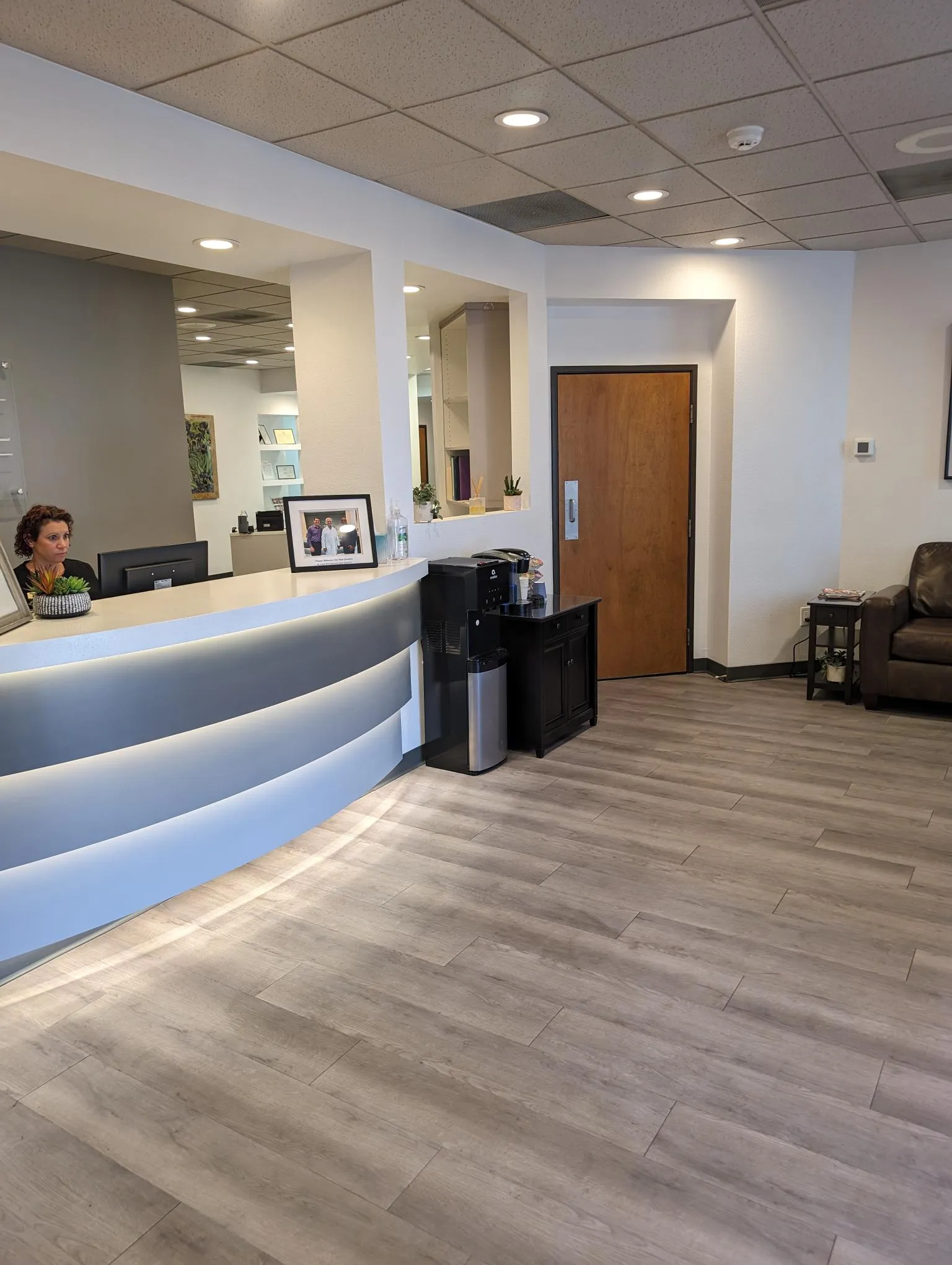

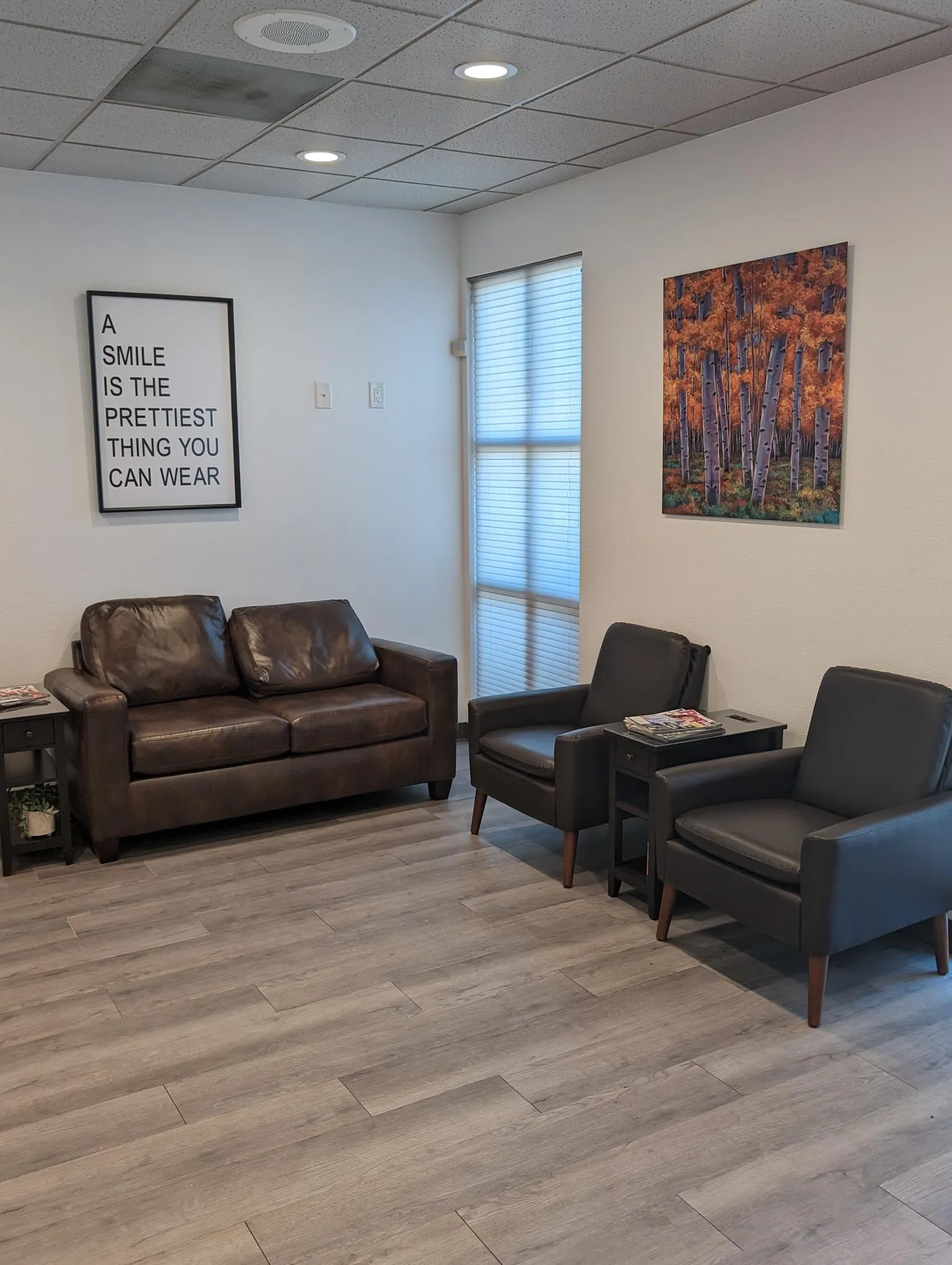
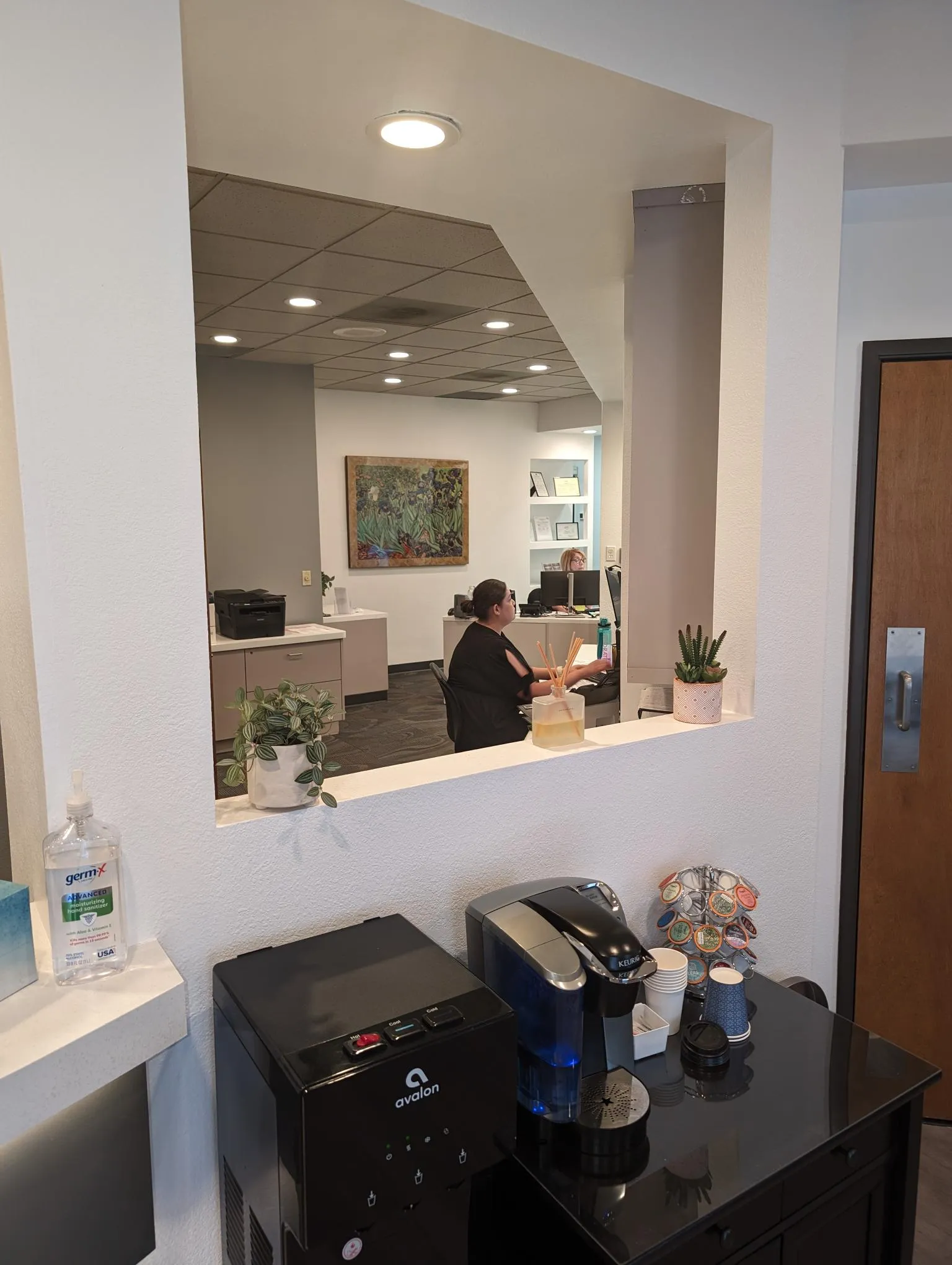















DENTAL CARE TEAM Tucson, AZ
OUR SOCIALS
Check us out and follow our accounts on the following social media platforms